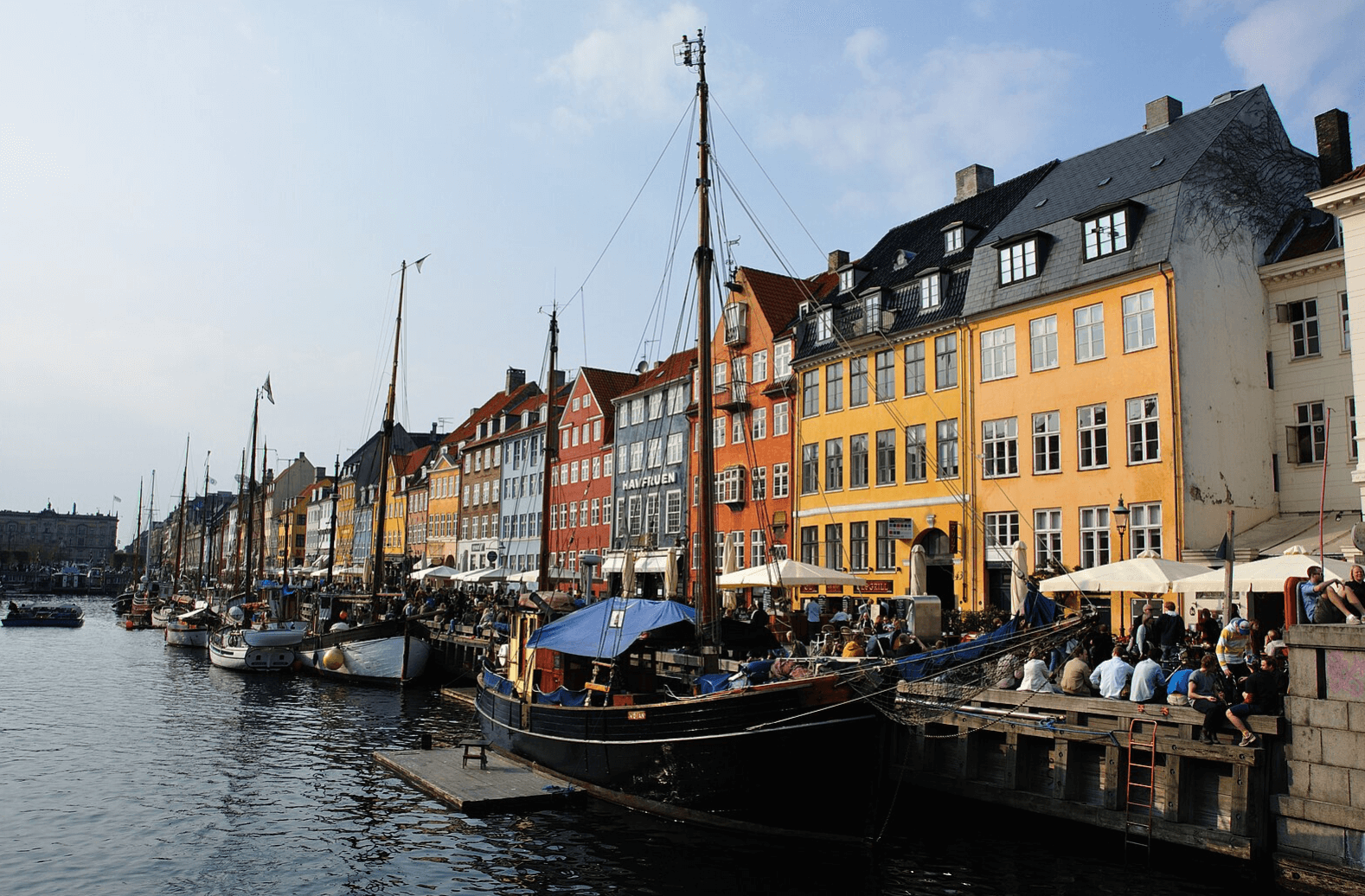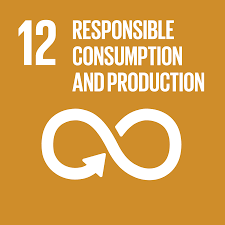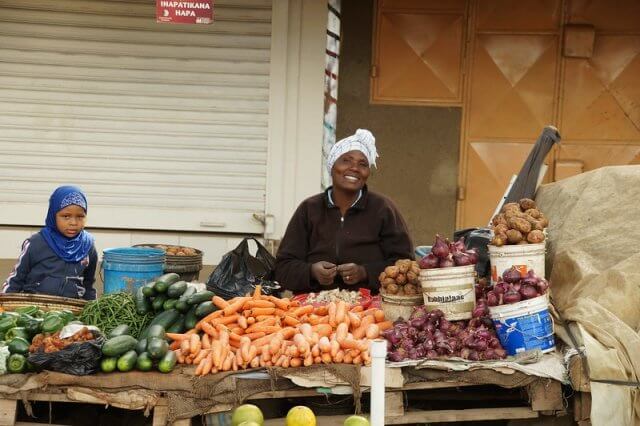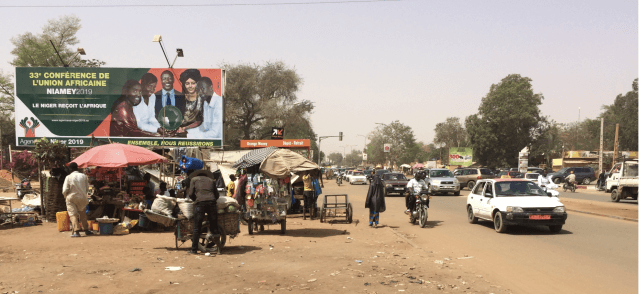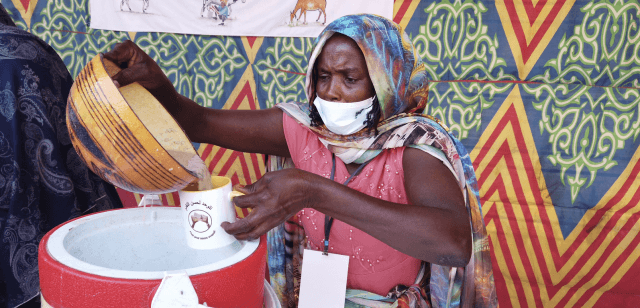Action and its aims
The New Haven Urban Agriculture Master Plan aims to tackle persistent issues related in urban farming, with a broader mission to foster an environmentally sustainable and socially just food system. The City of New Haven envisions equitable benefits for all residents in the urban agricultural development. The Community Advisory Board (CAB) plays a central role in co-leading the planning process, comprising residents with expertise and skills from diverse neighbourhoods. The selection process ensures representation from low income communities and those impacted by racism. The aim of CAB is to create an infrastructure that will increase the supply of fresh nutritious food to further support the economic growth and wellbeing in low income neighbourhoods.The CAB includes experts in four categories – Neighbourhood, Youth, Farming, and Community Health – ensuring diverse perspectives and engagement in creating an accessible environment for all residents interested in urban agriculture.
When it was introduced
The New Haven Urban Agriculture Master Plan was established in 2021 and runs until 2023.
Why was it needed
In 2019, food insecurity affected 22% of New Haven residents. Local leaders explored urban agriculture as a means to address this challenge. However, residents in New Haven encounter obstacles such as outdated zoning regulations and limited access to financial resources, preventing citizens from fully engaging in urban agriculture. Communities of colour are more likely to be affected by these challenges.
Who initiated it, who is involved
The New Haven Urban Agriculture Master Plan, initiated by the City of New Haven, involves the Food System Policy Division (FSPD) and the Community Advisory Board (CAB). The CAB collaborates closely with the FSPD to develop strategies aimed at expanding fresh food access, promoting community wealth-building, and addressing racial disparities. The CAB comprises ordinary residents with valuable skills and expertise in various neighbourhoods, fostering an inclusive, community-driven approach. The CAB encompasses four categories of experts, including Neighbourhood Experts, Youth Experts, Farming Experts, and Community Health Experts. Most members are from neighbourhoods historically affected by racist policies, like redlining.
Impacts to date
At this moment community-wide meetings are being organised where citizens can provide feedback to the New Haven Urban Agriculture Master Plan.
